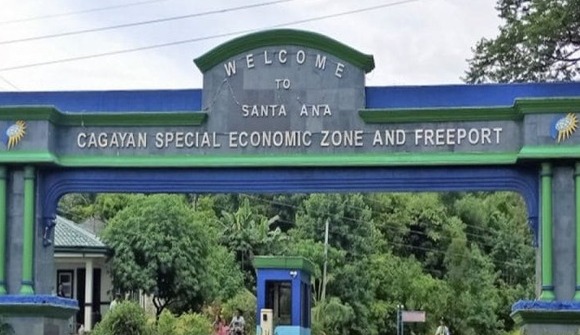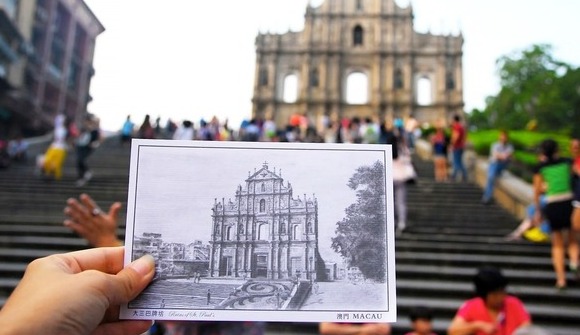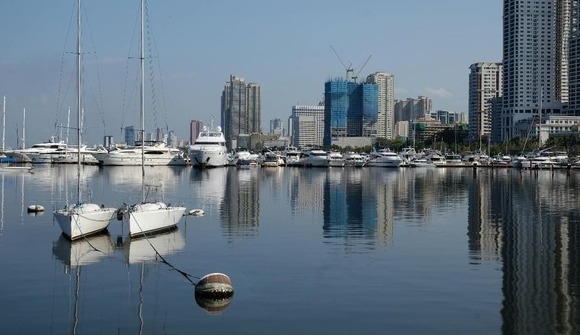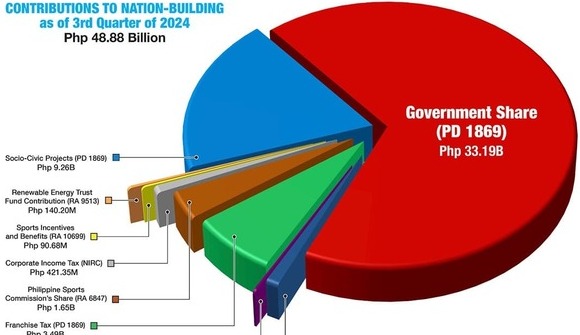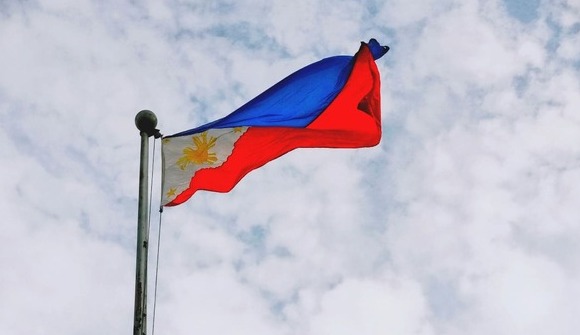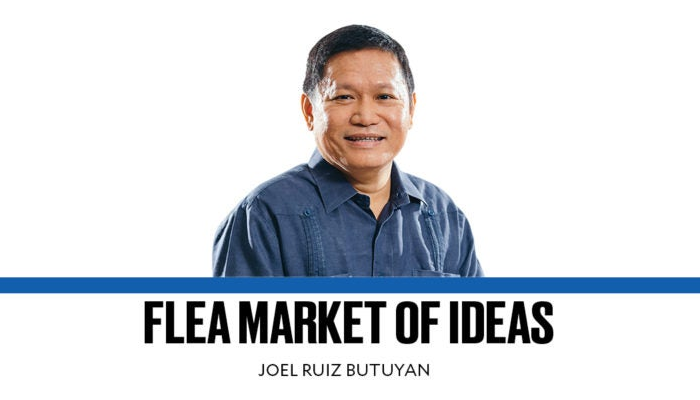
Anatomy of a gambling lord
Anatomy of a gambling lord
Of all the forms of gambling operated, with the consent and participation of the national government, the most harmful to society is the small town lottery (STL). From the way it enables STL operations around the country, the government behaves no different from gambling lords.
Unlike casino and lotto games where bettors have to travel to play or place bets, STL operators have armies of cobradures who solicit bets house-to-house, preying on our impoverished masses. It is the most pernicious form of gambling and it’s being operated without enough safeguards, and little respect for people’s welfare.
Take the case of a gambling operator authorized by the Philippine Charity Sweepstakes Office (PCSO) to operate in a small town in Cagayan province. Because the PCSO gives private gambling operators the mindset that they’re sovereign entities immune from local regulations, this gambling operator opened its business premises within 100 meters from several schools and the local church, in brazen violation of gambling rules. It also opened without obtaining permits for fire safety, sanitary, zoning, building, and business. The attitude amounts to this: We don’t care if your constituents get exposed to fire and other safety hazards. We are free to dump our garbage, toilet discharge, and sewage on your land, and there’s nothing you can do about it. Step aside because we’re immune from liability.
When STL agents operate in a municipality, they easily become the biggest business entities in the locality, earning millions of monthly revenues from residents. If “sari-sari” stores are required to obtain local permits, why do these gambling brutes feel that they’re exempt from the same regulations?
The PCSO deludes itself if it thinks that it performs public service when it consorts with private entities in gambling operations. The PCSO and its private operators generate revenues from the business of gambling and not from performing a public function. Out of said gambling revenues, a chunk goes to the private operator as business profit. The revenue-generating activities of PCSO are not in parity with the revenue-generating functions of the Bureau of Internal Revenue (BIR) and Bureau of Customs (BOC). The BIR/BOC are engaged in tax collection while the PCSO is engaged in the gambling business. It’s true that the PCSO devotes a chunk of its gambling revenues for charity work. But PCSO’s gambling operations cannot be conflated with its charity work. The nobility of charity work cannot subsume the depravity of gambling. Gambling is never a public service but a private business operated, in this case, by a corporation owned by the government (i.e., PCSO, Philippine Amusement and Gaming Corp.). While PCSO’s charity work may be a public service, its gambling activities are nongovernmental functions, especially because private entities piggyback on these activities for pure profit. Rules on public service may govern the PCSO’s charity work, but laws on private businesses must regulate its gambling operations.
Local governments, which intend to scrutinize STL operations in their localities, have an arsenal of weapons, apart from those earlier mentioned. They should read the PCSO’s 2020 STL revised implementing rules and regulations. If no official ticket is issued to a bettor, it’s illegal gambling. There’s also sufficient ground to argue that the maximum bet per day should only be P7.50, and noncomplying operators should be taken to task. In fact, the practice of conducting three or even more draws per day should be questioned.
Congress has plenty of uses for its power to investigate. The STL rules require operators to use fixed/handheld terminals or devices, but more than 30 years after STL was started, the PCSO has not made this requirement mandatory. Every bet placed is supposed to be reported in real time to the PCSO like the practice of lotto outlets, but why is the PCSO not fast-tracking this requirement? Without such a system, how is the PCSO ensuring that real gross revenues per day are reported and its real share given? Are gambling operators saintly truth-tellers in the eyes of PCSO? Congresspersons should inspect the total monthly remittances of STL operators and how they report them, and then cross-check them with how many draws are made per day in each province. If operators report revenues equivalent to their guaranteed minimum monthly retail receipts uniformly every month, it stinks to high heavens.
The government was given gambling monopoly for the noble purpose of eradicating pernicious practices and to ensure that revenues are used for worthy purposes. But with the way it conducts itself in STL operations, the government reveals that it has the mindset and anatomy of an outlawed gambling lord.
Other Interesting:
Social Media’s Relationship with Gambling Remains an Issue
See other website:
Oriental Game
Article Source
https://opinion.inquirer.net/164056/anatomy-of-a-gambling-lord
Other Interesting Articles
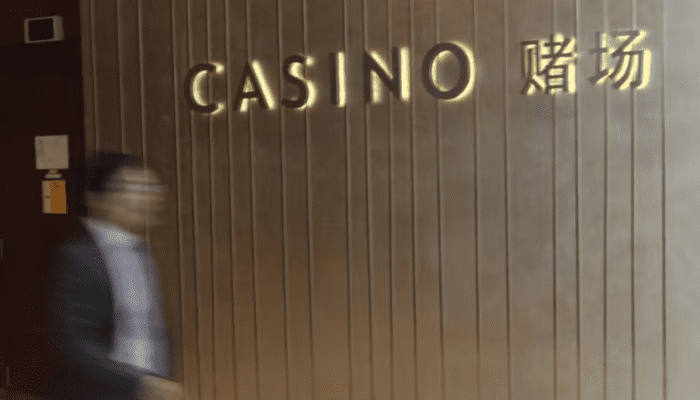 Jail for tourist nabbed at Changi Airport after encashing S$24,000 of gambling tickets he found on MBS Casino floor Jun 20, 2023
Jail for tourist nabbed at Changi Airport after encashing S$24,000 of gambling tickets he found on MBS Casino floor Jun 20, 2023




